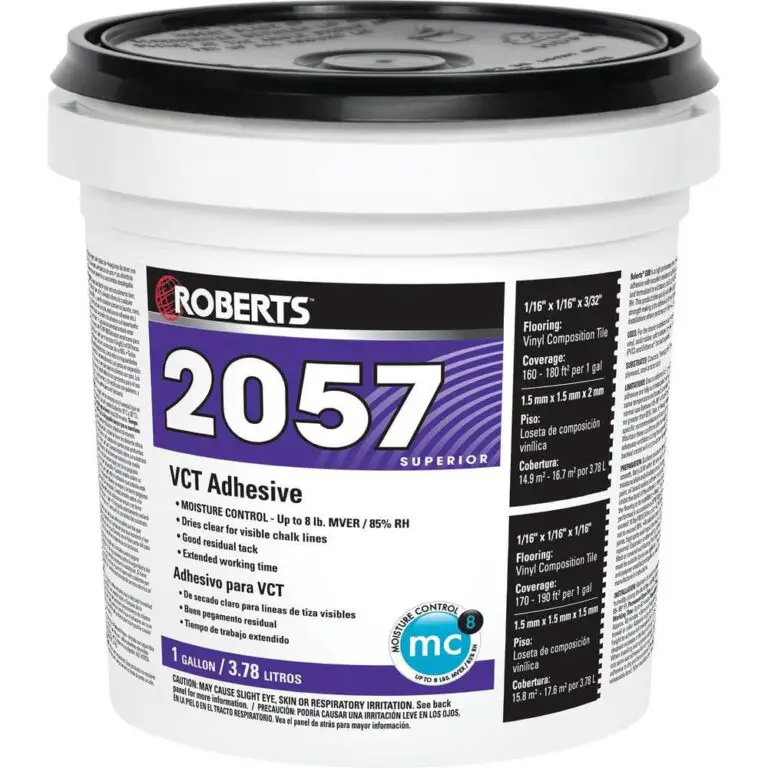When it comes to vinyl flooring, there are a few different types of glue that can be used. One type is a water-based adhesive, which is typically used for indoor applications. Another type is a solvent-based adhesive, which is better suited for outdoor applications. For either type of glue, it is important to follow the manufacturer’s instructions carefully in order to ensure a successful installation.
How to repair glue down vinyl plank flooring
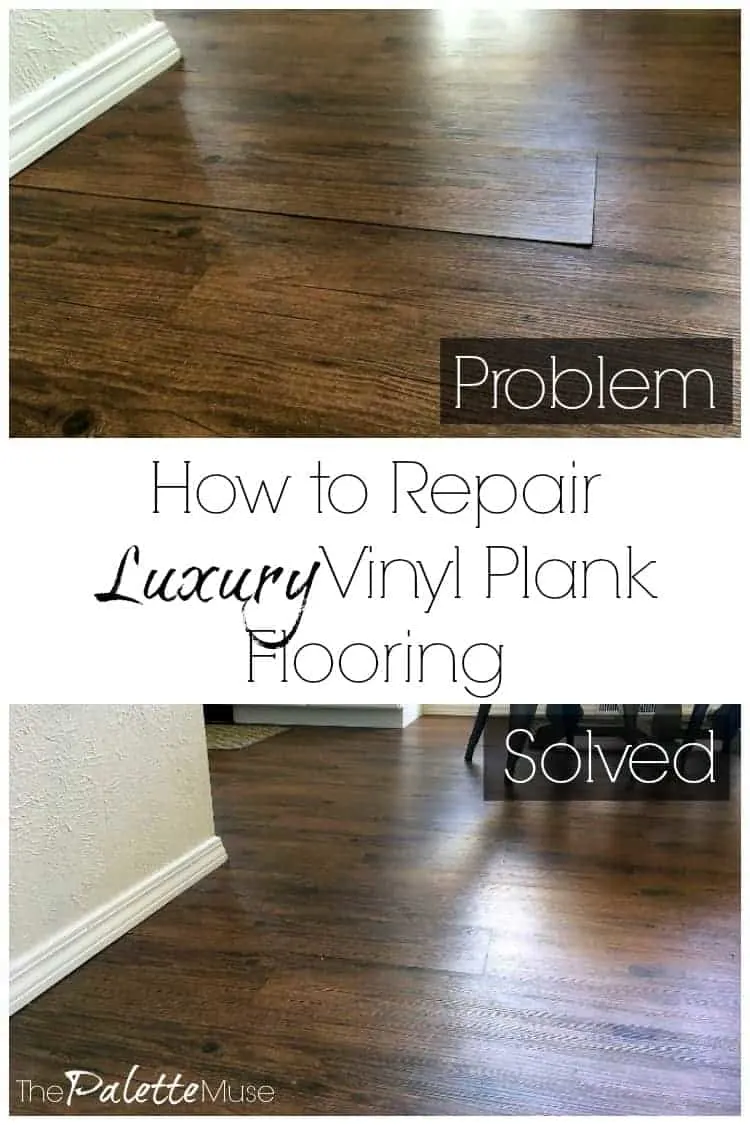
If your vinyl plank flooring is starting to come up at the edges, you can repair it by reapplying the adhesive. You’ll need to clean the flooring and the area around it before you can start, and then you can apply the adhesive with a roller or a brush. Once the adhesive is dry, you can press the vinyl back into place and trim any excess.
Does vinyl plank flooring need to be glued down?
Some people wonder if vinyl plank flooring needs to be glued down. The answer is that it depends on the type of vinyl plank flooring you have. If you have a floating vinyl plank floor, then you will not need to use any glue. The planks will simply snap together. However, if you have a glued down vinyl plank floor, then you will need to use a vinyl flooring adhesive.
So, if you are wondering what glue to use for your vinyl flooring, it really depends on the type of flooring you have. If you have a floating floor, then you won’t need any glue. But if you have a glued down floor, then you will need to use a vinyl flooring adhesive.
What glue to use to hold down the vinyl floor?
There are many different types of adhesives that can be used to adhere vinyl flooring to a subfloor. The best type of adhesive to use depends on the type of vinyl flooring being installed, the condition of the subfloor, and the environment in which the floor will be installed. If you are installing sheet vinyl flooring, you will need to use an adhesive that is specifically designed for that type of flooring. The adhesive should be applied to the back of the vinyl sheet and then the sheet should be laid down onto the subfloor. Once the adhesive has dried, the vinyl sheet should be firmly attached to the subfloor.
If you are installing tile vinyl flooring, you will need to use an adhesive that is specifically designed for that type of flooring. The adhesive should be applied to the back of each vinyl tile and then the tile should be laid down onto the subfloor. Once the adhesive has dried, the vinyl tile should be firmly attached to the subfloor. In both cases, it is important to make sure that the subfloor is clean and free of debris before applying the adhesive. The adhesive will not adhere properly to a dirty or dusty subfloor. Once the vinyl flooring has been installed, it is important to seal the edges of the flooring where it meets the walls. This will help to prevent water and other liquids from seeping under the vinyl and damaging the floor.
Do you need to glue down loose lay vinyl planks?
If you have loose lay vinyl planks, you may need to glue them down in order to keep them in place. The type of glue you will need depends on the type of vinyl flooring you have. If you have a PVC vinyl floor, you will need to use a PVC adhesive. If you have a linoleum vinyl floor, you will need to use a linoleum adhesive. There are also adhesives made specifically for vinyl floors. Be sure to read the labels carefully to make sure you are using the correct adhesive.
How to install luxury vinyl plank flooring?
The process is relatively simple and can be done in a few hours. Here are the steps you need to take:
- Measure the area you want to install the flooring.
- Cut the vinyl planks to size using a utility knife.
- Apply vinyl adhesive to the back of the planks.
- Place the planks onto the floor and press down to secure.
- Finish by trimming any excess vinyl with a utility knife.
What type of adhesive for vinyl plank flooring
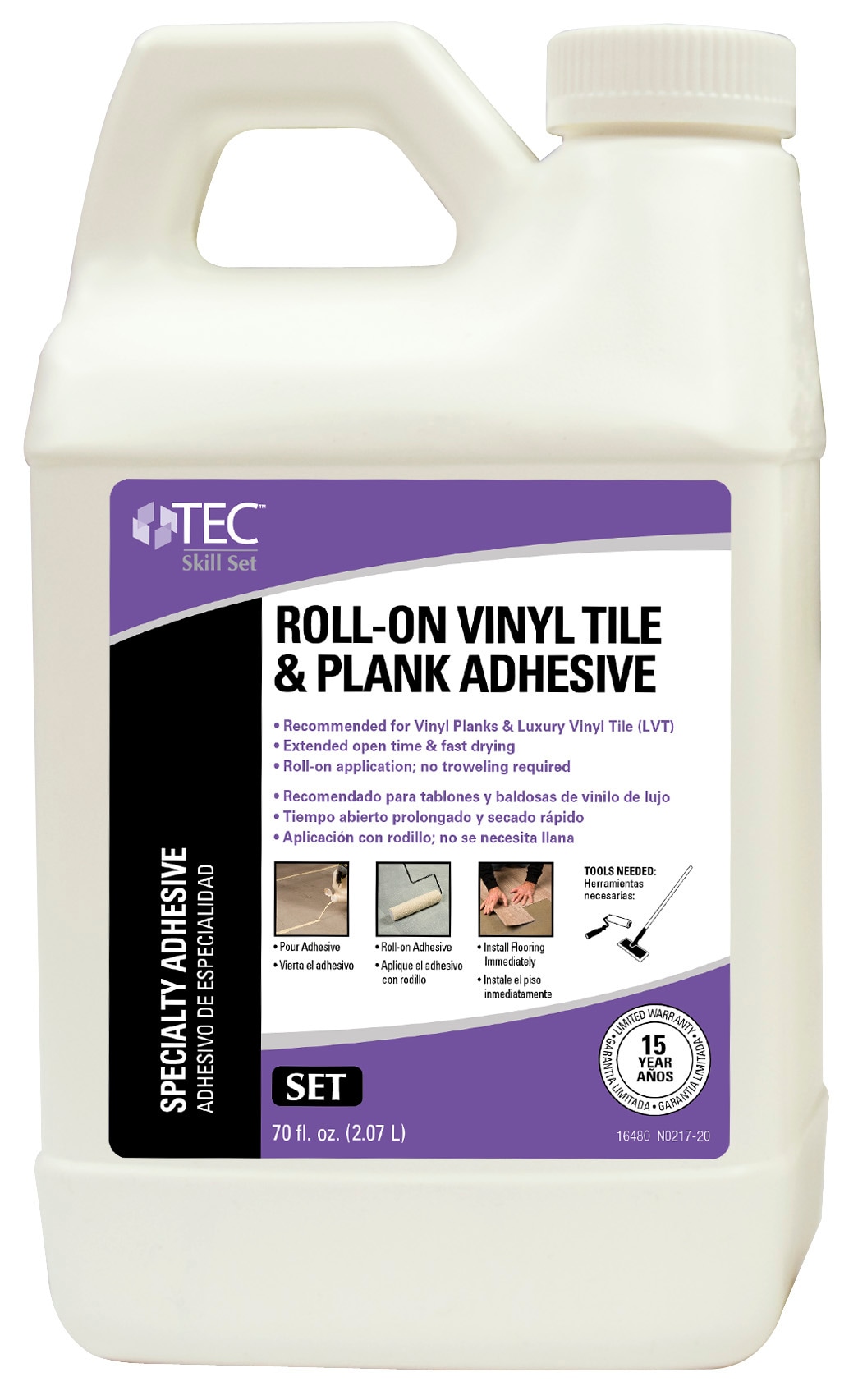
There are several types of adhesives that can be used for vinyl plank flooring. Water-based adhesives are the most common type and are typically used for click-together floors. Solvent-based adhesives are also available, but they are less common. These adhesives can be used for both floating and glued-down floors.
Do you need adhesive for vinyl plank flooring?
If you’re planning to install vinyl plank flooring in your home, you might be wondering if you need to use adhesive. The answer is that it depends on the type of vinyl plank flooring you choose. Some types of vinyl plank flooring come with adhesive already applied, while others do not. If you’re not sure whether your vinyl plank flooring needs adhesive, you can always check the manufacturer’s instructions.
How do you get vinyl flooring to stick?
There are a few different options when it comes to glue for vinyl flooring. You can either use a water-based adhesive or a solvent-based adhesive. Water-based adhesives are typically cheaper and easier to work with, but they may not be as strong as solvent-based adhesives. Solvent-based adhesives are usually more expensive, but they create a stronger bond. To apply the adhesive, you will need a trowel.
Spread the adhesive evenly over the surface of the vinyl flooring. Be sure to apply enough adhesive so that the vinyl flooring will be able to stick to the subfloor. Once the adhesive is spread, you can place the vinyl flooring into position. After the vinyl flooring is in place, you will need to apply pressure to make sure that the adhesive bonds properly. You can use a roller or your hands to apply pressure. Once the adhesive is dry, your vinyl flooring should be firmly in place.
How does floating vinyl flooring stay in place?
Vinyl floors are usually not glued to the subfloor, but they can be. The weight of the vinyl and the friction between the vinyl and the subfloor usually keep it in place.
What is the best adhesive for vinyl to wood?
When it comes to adhesives for vinyl to wood, there are a few things to consider. The first is the type of wood you’re working with. If it’s a softwood like pine, you’ll need a stronger adhesive to make sure the vinyl stays in place. A harderwood like oak will require a less powerful adhesive. The second thing to think about is how much weight the vinyl will be bearing.
If it’s a heavy duty vinyl, you’ll need a stronger adhesive to make sure it can hold up. A lighter vinyl can be glued down with a less powerful adhesive. The third thing to consider is the temperature. If it’s a cold room, you’ll need an adhesive that can withstand lower temperatures. If it’s a hot room, you’ll need an adhesive that can withstand higher temperatures. fourthly, you need to take into account the level of humidity in the room. If it’s a very humid room, you’ll need an adhesive that can withstand high levels of humidity. If it’s a dry room, you’ll need an adhesive that can withstand low levels of humidity. Finally, you need to consider the type of finish you want. If you want a glossy finish, you’ll need an adhesive that can give you that. If you want a matte finish, you’ll need an adhesive that can give you that. There are a lot of adhesives on the market that can meet all of these requirements, so it’s just a matter of finding the right one for your project.
What glue to use on vinyl flooring?
There are many types of glue that can be used on vinyl flooring, but not all of them will work well. You need to choose a glue that is specifically designed for use on vinyl flooring. This type of glue will hold the vinyl in place and prevent it from sliding around.
What is the best adhesive for hardwood flooring?
Many people believe that vinyl flooring is the best option, as it is very durable and easy to clean. However, there are a few drawbacks to using vinyl flooring. First, it can be quite slippery, which can be a safety hazard. Second, it is not as eco-friendly as other options. Hardwood flooring is a great option for those who want a natural look for their home. It is also very durable and easy to clean. However, hardwood flooring can be quite expensive.
Can you use spray adhesive on vinyl flooring?
When working with vinyl flooring, it’s important to choose the right adhesive. You can use spray adhesive on vinyl flooring, but it’s important to make sure that the adhesive is compatible with the type of vinyl you’re using. Some adhesives can cause the vinyl to discolor or become brittle over time. If you’re not sure which adhesive to use, ask a professional for help.
What glue to use for vinyl plank flooring
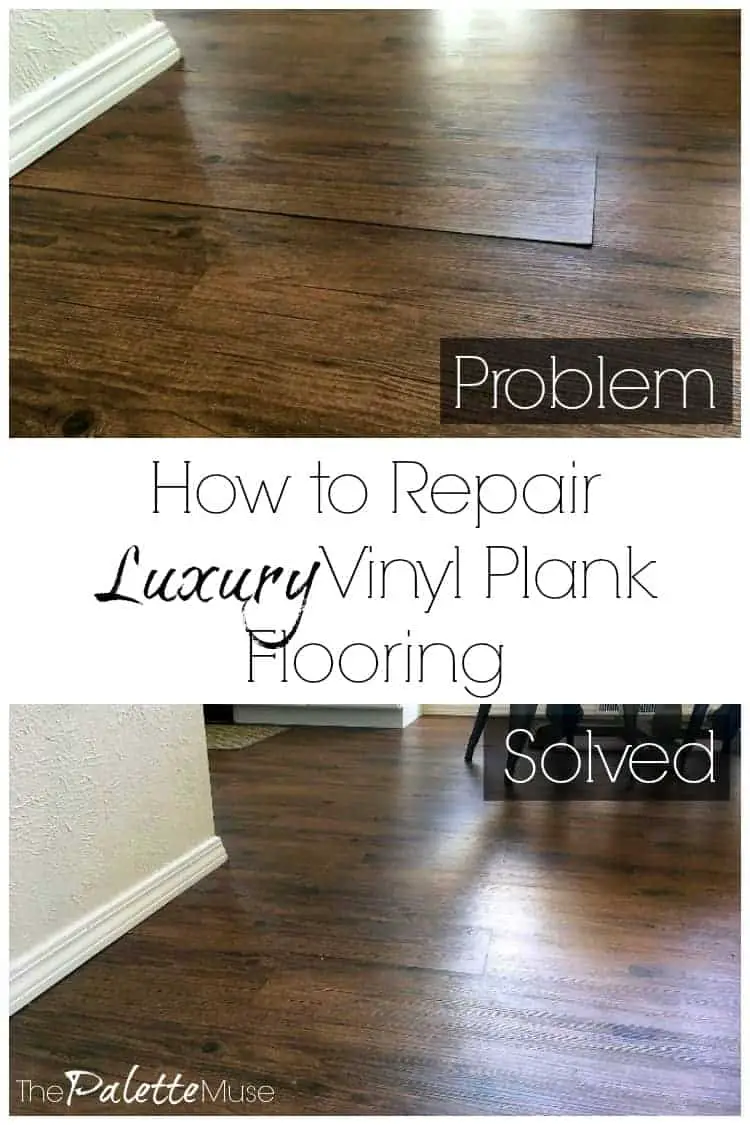
There are a few different types of glue that can be used for vinyl plank flooring. One type is a water-based adhesive, which is easy to apply and clean up. Another type is an acrylic-based adhesive, which is more durable and has a stronger bond. For installation, it is recommended to use an adhesive that is compatible with the type of vinyl plank flooring you are using.
Can you glue vinyl plank flooring?
When installing vinyl plank flooring, you will need to use a glue that is specifically designed for vinyl. This type of glue will ensure that your flooring is securely attached and will not come loose over time.
Is it best to glue vinyl flooring?
There are many different types of flooring that you can choose from, but one of the most popular options is vinyl. This type of flooring is easy to install and maintain, and it can last for many years with proper care. When it comes to glue for vinyl flooring, there are a few different options that you can choose from. One option is to use a water-based adhesive. This type of adhesive is easy to apply and can be found at most home improvement stores.
The downside to this option is that it can take longer to set, so you will need to be patient while it dries. Another option is to use an oil-based adhesive. This type of adhesive is more durable and will set faster than a water-based adhesive. However, it can be more difficult to apply and can be more expensive. whichever type of adhesive you choose, make sure that you follow the instructions carefully and allow the adhesive to set for the amount of time recommended by the manufacturer. With proper care, your vinyl flooring will last for many years.
Can I use liquid Nails on vinyl flooring?
Yes, you can use liquid nails on vinyl flooring. However, make sure to use a solvent-based adhesive, as water-based adhesives will not work well with vinyl. Also, be sure to clean the surface of the vinyl before applying the adhesive, as this will help to ensure a good bond.
Can you use Gorilla Glue on vinyl plank flooring?
It’s strong and durable, so it can withstand heavy traffic and wear and tear. Plus, it’s easy to apply and dries quickly, so you can get your flooring project done in no time.
Why is my vinyl plank flooring lifting?
There are several reasons why your vinyl plank flooring may be lifting. One possibility is that the adhesive was not applied correctly in the first place. If the adhesive was not spread evenly, it can cause the vinyl to lift. Another possibility is that the adhesive has become old and dried out, causing it to lose its stickiness. Finally, if the temperature in your home is too cold, the adhesive may not be able to set properly, causing the vinyl to lift.
If your vinyl plank flooring is lifting, you will need to purchase a new adhesive and reapply it to the floor. Make sure to spread the adhesive evenly to avoid future problems. You may also want to consider using a heat gun to warm up the adhesive before you apply it.
What is the best glue to use on vinyl?
There are several different types of glue that can be used on vinyl flooring, but the best type of glue to use is vinyl adhesive. This type of adhesive is specifically designed to bond to vinyl surfaces and create a strong, durable bond. Other types of glue, such as general purpose adhesives, may not bond as well to vinyl and could potentially cause damage to the flooring.
What is the best glue for vinyl to wood?
There are a few different types of glue that can be used to attach vinyl flooring to wood. However, not all glues are created equal. Some glues may not hold up well to repeated traffic or moisture, while others may be too strong and damage the vinyl. To ensure that your vinyl flooring lasts for years to come, it is important to choose the right glue. We recommend using a water-based adhesive for best results. This type of glue will provide a strong bond while still being easy to remove if necessary. Water-based adhesives are also less likely to cause damage to the vinyl, making them the best option for protecting your investment.
Can you glue floating vinyl plank flooring?
If you’re looking for a glue that can be used for vinyl plank flooring, we recommend using a product like Loctite PL300 Vinylester Flooring Adhesive. This product is specifically designed for use with vinyl flooring, and it provides a strong bond that will keep your flooring in place.
What glue to use for lvp flooring
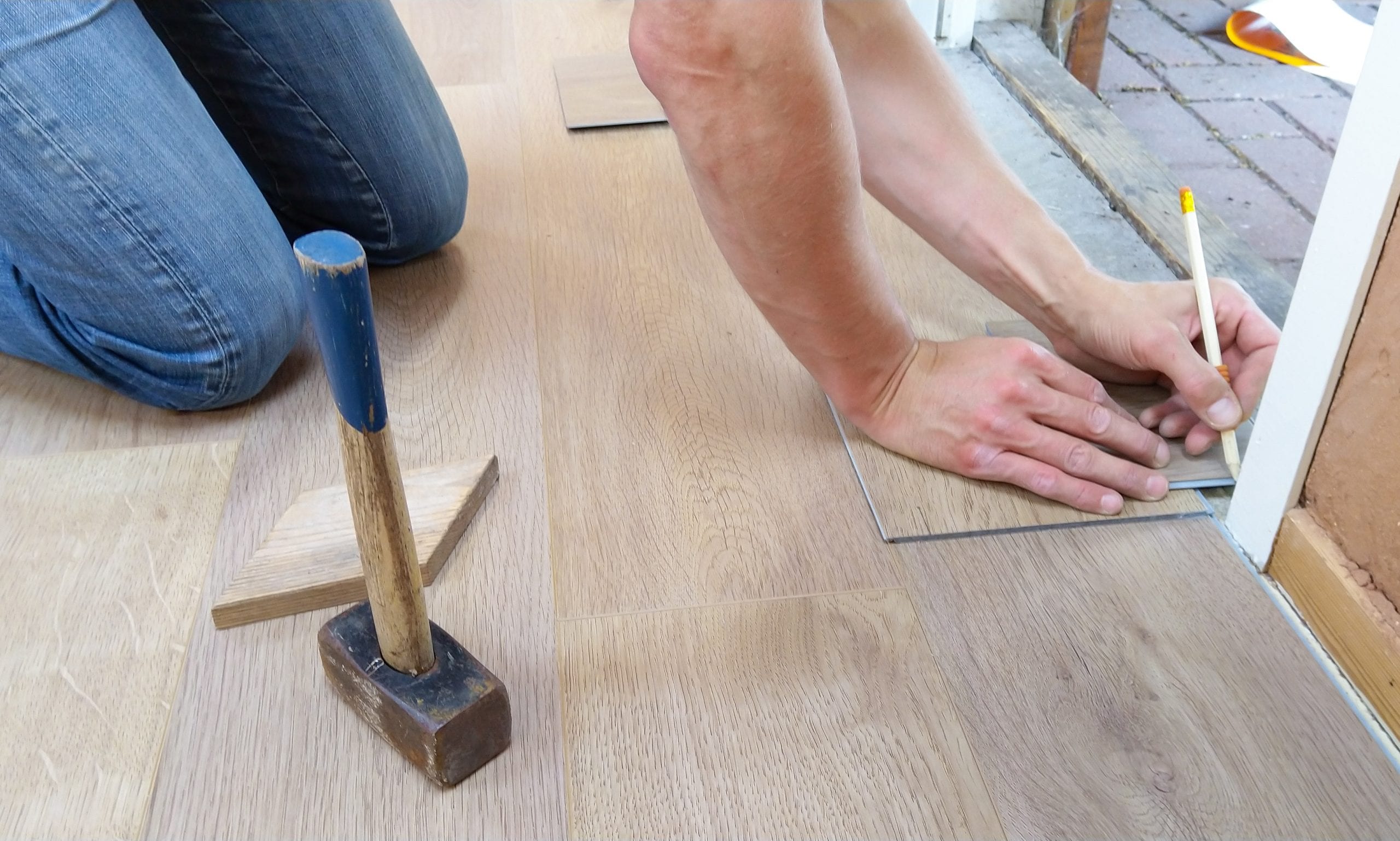
There are a few different types of glue that can be used for vinyl flooring, but the most common and most effective type is acrylic adhesive. This type of glue creates a strong bond between the vinyl and the subfloor, and is specifically designed for use with vinyl flooring. Other types of glue, such as epoxy or polyurethane, can also be used, but they are not as common and may not create as strong of a bond.
Do you glue LVP flooring?
When you install LVP flooring, you will need to use a special type of glue that is designed for vinyl. This glue will help to keep the flooring in place and prevent it from coming up.
Can I use Gorilla Glue on vinyl flooring?
Gorilla Glue can be used on vinyl flooring, but it is not the best glue for the job. Gorilla Glue is a very strong glue, which is great for many applications, but it can be too strong for vinyl flooring. If you use Gorilla Glue on vinyl flooring, it may damage the flooring.
What is the best glue for vinyl to vinyl?
This type of adhesive is specifically designed to bond vinyl to vinyl, and it will create a strong bond that will last. Vinyl adhesives are available at most hardware stores and home improvement stores.
Can you glue down LVT flooring?
Many people choose LVT flooring because it can be glued down, making it a permanent flooring option. There are a few different types of glue that can be used to glue down LVT flooring. One type of glue is a water-based adhesive, which is easy to apply and clean up. This type of glue is also less likely to cause damage to the flooring. Another type of glue that can be used is an acrylic-based adhesive, which is more durable and long-lasting.
However, this type of glue can be more difficult to apply and clean up. The best way to choose the right glue for your LVT flooring is to consult with a professional. They will be able to recommend the best type of glue for your particular flooring.
How to lay LVP flooring?
There are a few things you need to know before you start gluing down your new Luxury Vinyl Plank (LVP) flooring. First, you need to make sure the surface you’re applying the adhesive to is clean, dry, and level. Any dirt, dust, or unevenness can create problems later on. Next, you’ll need to choose the right adhesive. There are several different types of adhesives available, so be sure to ask a professional or do your research to find the best one for your particular project.
Once you have the adhesive, you’re ready to start applying it to the floor. You’ll want to use a notched trowel to spread it evenly over the surface. After you’ve applied the adhesive, it’s time to lay down the LVP planks. Start in one corner and work your way across the room, making sure each plank is properly aligned and securely in place. Finally, once all the planks are down, you can enjoy your new LVP floor!
Do you glue down LVP?
When it comes to installing vinyl flooring, one of the most common questions is whether or not you need to glue it down. The answer is that it depends on the type of vinyl flooring you have. If you have sheet vinyl flooring, then you will likely need to glue it down in order to get a good seal and prevent it from moving around. However, if you have luxury vinyl tile (LVT) or luxury vinyl plank (LVP) flooring, then you may not need to glue it down. These types of vinyl flooring are designed to snap together, so they usually don’t require any adhesive.
What is LVT and LVP tile flooring?
This type of flooring is easy to install and is very durable, making it a popular choice for both residential and commercial applications. The tiles are made of a material that is resistant to staining and fading, and they can be cleaned easily with a damp mop.
What is the best wood flooring adhesive?
There are a few different types of adhesives that can be used for vinyl flooring, but not all of them are created equal. The best wood flooring adhesive is one that is specifically designed for vinyl floors and can provide a strong bond that will last for many years. This type of adhesive is also easy to apply and can be found at most home improvement stores.
